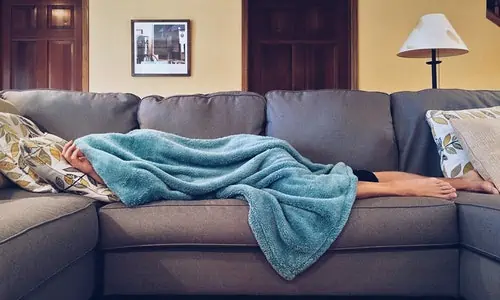
Bruxism or teeth grinding is no joke, especially when your body is supposed to be resting and rejuvenating while you’re sleeping. The National Sleep Foundation describes bruxism as the “clenching and grinding of the teeth that happen involuntarily.” Sleep bruxism is most commonly associated with young children, teens, and adults. However, your McMinnville dentist can tell you that anyone at any age can experience issues due to teeth grinding.
When Should I Get Help for My Teeth Grinding?
If you or someone in your family has constant or persistent pain in your mouth, neck, and/or jaw from grinding, it’s time to talk to your McMinnville dentist with the training and experience to give you relief. You’re experiencing this discomfort because while you’re sleeping, you probably don’t even realize you’re grinding your teeth. This puts a tremendous amount of pressure on your teeth, with up to 250 pounds of force, leading to headaches and TMJ, or temporomandibular joint issues. Grinding your teeth is not 100 percent curable, but there are ways to:
It’s important to speak with a professional about sleep bruxism and teeth grinding because we can also identify if it’s connected to other conditions like sleep apnea or acid reflux.
Is There Treatment Available for My Teeth Grinding?
Your sleep bruxism will require a custom approach to treatment because no two cases are ever alike. Generally, we can positively address both pain and other symptoms while reducing the severity of your grinding and all of the consequences that come with it. There are also some tips and tricks you can practice at home to help balance your bruxism, including:
You should be cautious with sticky foods that can be difficult to chew. Hopefully, these tips will help you prevent irritation and inflammation around your teeth, jaw, head, and neck due to the negative effects of grinding your teeth while you sleep.
If you or your bed partner is someone who’s struggling with sleep bruxism in McMinnville or grinding, you should schedule a visit with us for a consultation. We can have a conversation about your specific issues and do a comprehensive assessment of your current situation. We know what it’s like to live with jaw pain or headaches that come with grinding your teeth. We’ve seen the damage it can do to your smile. We have solutions like special night guards carefully crafted for your comfort that protect your teeth from grinding while you sleep. Your mouthguard will gently hold your jaw in a particular position and can slightly open your jaw, allowing your chewing muscles to relax during the night. Please schedule an appointment with us today to learn more about your bruxism treatment options.